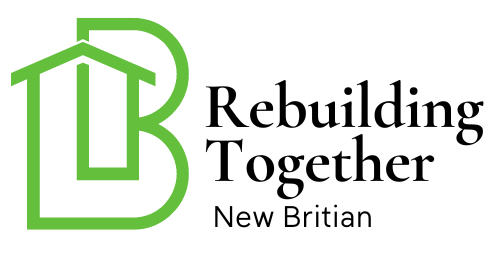Ensuring fire safety at home is critical for the protection of your family and property. With the right precautions and knowledge, you can significantly reduce the risk of fire hazards. In this article, we will explore various strategies and tips to enhance fire safety in your household. These guidelines are designed to be practical and easy to implement for all homeowners.

Understanding the Importance of Fire Safety
Home is where we spend most of our time, making it essential to keep it safe from potential fire hazards. Fires can start unexpectedly and spread quickly, causing devastating damage. By prioritizing fire safety at home, you can protect your loved ones and valuable possessions. Understanding the common causes of house fires and implementing preventive measures is key to creating a safer home environment.
Common Causes of House Fires
Several common factors can lead to house fires. It’s important to be aware of these to take preventive actions:
- Cooking incidents Unattended cooking is a leading cause of house fires. Always stay alert when using the stove or oven.
- Electrical malfunctions Faulty wiring and overloaded circuits can cause electrical fires. Regularly inspect and maintain your electrical systems.
- Heating appliances Portable heaters and fireplaces should be used with caution and kept away from flammable materials.
- Smoking indoors Smoking in bed or inside the house poses a significant fire risk. Always smoke outside and properly dispose of cigarettes.
Essential Fire Safety Tips
Implementing these essential tips can greatly enhance fire safety at home:
Install Smoke Alarms
Smoke alarms are a critical component of any fire safety plan. Ensure they are installed on every level of your home and outside sleeping areas. Test them monthly and replace batteries at least once a year. Consider interconnected smoke alarms for added protection.
Create a Fire Escape Plan
Developing a fire escape plan is vital for ensuring everyone in the household knows how to react in case of a fire. Practice the plan regularly with all family members. Ensure that everyone knows two ways to exit each room and establish a safe meeting point outside.
Use Fire Extinguishers
Keep fire extinguishers accessible in key areas like the kitchen, garage, and near fireplaces. Learn how to use them effectively and ensure they are regularly inspected and maintained.
Maintain Electrical Safety
Avoid overloading electrical outlets and use surge protectors where necessary. Regularly check for frayed wires and repair or replace damaged cords promptly. Consider having an electrician inspect your home’s wiring periodically.
Practice Safe Cooking Habits
Never leave cooking unattended, and keep flammable items away from the stove. Use a timer to remind yourself when cooking, and keep a lid nearby to smother small grease fires.
Fire Safety for Families
Families should take additional steps to ensure fire safety at home:
Educate Children About Fire Safety
Teach children about the dangers of fire and the importance of fire safety. Show them how to recognize smoke alarms and practice escape routes with them regularly.
Secure Matches and Lighters
Keep matches, lighters, and other fire-starting materials out of reach of children. Consider child-proof locks for cabinets containing these items.
Pet Safety in Fires
Include pets in your fire escape plan. Ensure they have collars with identification and consider using pet alert stickers on windows to inform firefighters of pets inside.
Additional Resources and Support
For further guidance on enhancing fire safety at home, you can refer to resources such as CareScout’s guide on home modifications. Additionally, Recovery Station offers valuable insights into staying safe and independent at home.
Stair safety is crucial in fire emergencies, providing clear exit paths.
Visit ADA compliant bins for safe waste disposal, reducing fire risks.
Consider home safety upgrades to minimize fire hazards.
Conclusion
Prioritizing fire safety at home is a crucial step in protecting your family and property. By understanding common fire hazards and implementing preventive measures, you can create a safer living environment. Remember to regularly review and update your fire safety plan to ensure it remains effective. Stay informed and proactive about fire safety to minimize risks and maintain peace of mind.

FAQ Section
What should I do if a fire starts in my home?
If a fire starts, prioritize getting everyone out safely. Call emergency services immediately and never return to a burning building.
How often should I test my smoke alarms?
Test your smoke alarms monthly to ensure they are functioning correctly. Replace batteries at least once a year.
Can I use water to put out a grease fire?
No, never use water on a grease fire. Instead, smother it with a lid or use a fire extinguisher designed for grease fires.
This article contains affiliate links. We may earn a commission at no extra cost to you.

